While working on dynamic memory allocation in C, I am getting confused when allocating size of memory to a char pointer. While I am only giving 1 byte as limit, the char pointer successfully takes input as long as possible, given that each letter corresponds to 1 byte.
Also I have tried to find sizes of pointer before and after input. How can I understand what is happening here? The output is confusing me.
Look at this code:
#include <stdio.h>
#include <stdlib.h>
int main()
{
int limit;
printf("Please enter the limit of your string - ");
gets(&limit);
char *text = (char*) malloc(limit*4);
printf("\n\nThe size of text before input is %d bytes",sizeof(text));
printf("\n\nPlease input your string - ");
scanf("%[^\n]s",text);
printf("\n\nYour string is %s",text);
printf("\n\nThe size of char pointer text after input is %d bytes",sizeof(text));
printf("\n\nThe size of text value after input is %d bytes",sizeof(*text));
printf("\n\nThe size of ++text value after input is %d bytes",sizeof(++text));
free(text);
return 0;
}
Check this output:
